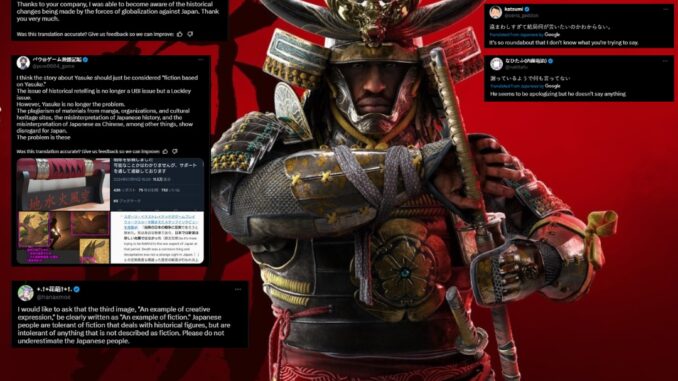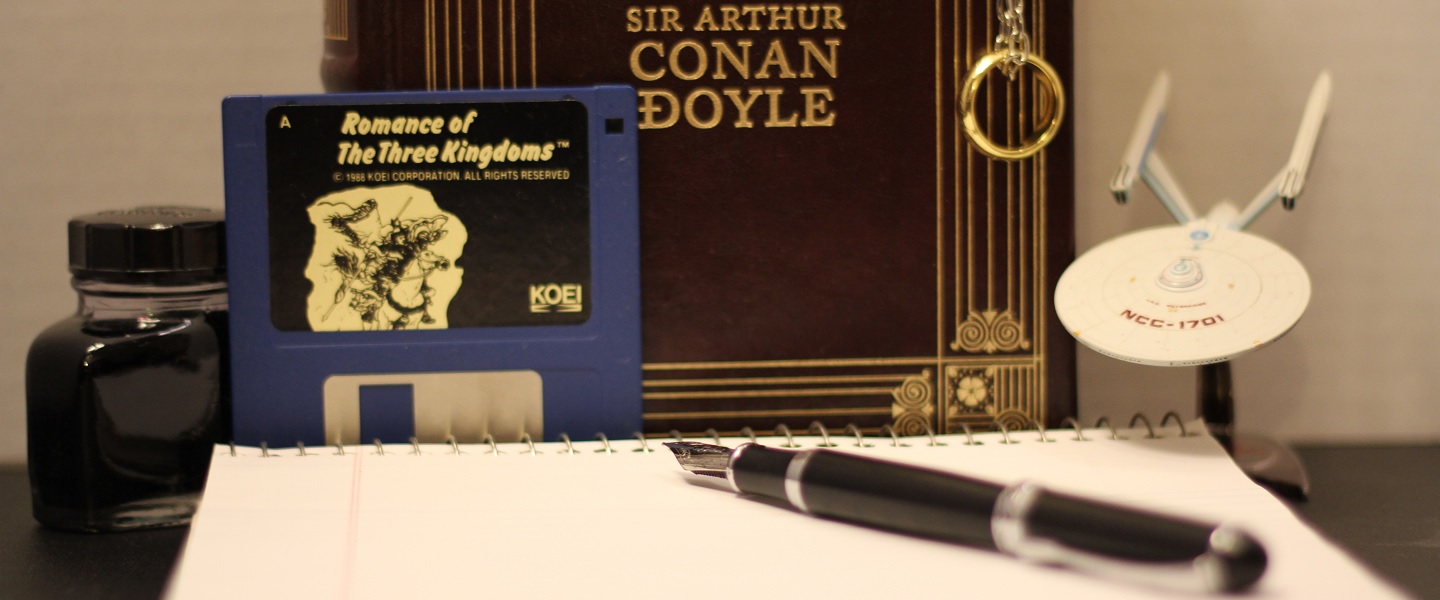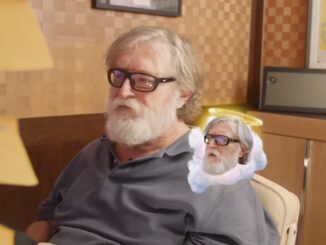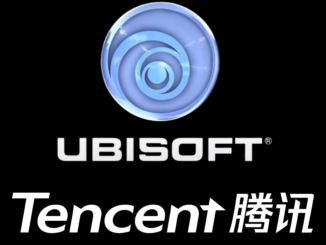
Since the reveal of Assassin’s Creed Shadows, the game has been mired in controversy over the many historical inaccuracies and misrepresentations in the game. Ranging from the misuse of architecture to incongruent agricultural depictions to the portrayal of historical figure Yasuke as a samurai, among other things, backlash from the gaming community, but especially Japanese gamers, has been constant. Up until now, Ubisoft has been silent, but the Assassin’s Creed Shadows Development team has issued a statement addressing the game and Yasuke controversy.
The entire statement, which is titled “Assassin’s Creed Shadows – An Update for the Japanese Community” can be read in full on X or on the official website.
The issued statement opens by thanking fans for their support of the Assassin’s Creed series before addressing the topic of authenticity in which the team said,
“We have put significant effort into ensuring an immersive and respectful representation of Feudal Japan. However, our intention has never been to present any of our Assassin’s Creed games, including Assassin’s Creed Shadows, as factual representations of history, or historical characters…
…Our team extensively collaborated with external consultants, historians, researchers, and internal teams at Ubisoft Japan to inform our creative choices. Despite these sustained efforts, we acknowledge that some elements in our promotional materials have caused concern within the Japanese community. For this, we sincerely apologize.”
Reference to promotional materials is alluding to an incident where gamers pointed to a flag belonging to the Sekigahara Teppo-tai infantryman historical reenactment group. Recently, Ubisoft issued an apology for using the flag which was spotted in the game’s promotional material for, posting it on X,
“The art in question will not be used or distributed any further beyond this date, except for being included in the artbook in the Collector’s Edition.
We deeply apologize for this matter.”
Despite the company apologizing for the use of the group’s flag, it has yet to broach any of the other inaccuracies which were pointed to in the game’s reveal trailer. As for the issue of Yasuke, the recent statement simply says,
“While we strive for authenticity in everything that we do, Assassin’s Creed games are works of fiction inspired by real historical events and figures. From its inception, the series has taken creative license and incorporated fantasy elements to craft engaging and immersive experiences.The representation of Yasuke in our game is an illustration of this. His unique and mysterious life made him an ideal candidate to tell an Assassin’s Creed story with the setting of Feudal Japan as a backdrop. While Yasuke is depicted as a samurai in Assassin’s Creed Shadows, we acknowledge that this is a matter of debate and discussion.”
This is a soft shift in the company’s stance over Yasuke which had declared the historical figure as “a real-life historical samurai.” However, the statement is not an outright apology or an admittance to error on their part, but a reminder that Assassin’s Creed Shadows is a video game and shouldn’t be taken seriously.
The Japanese community’s reception of the statement from the development team is not a positive one. One of the most supported tweets responding to the Ubisoft Japan account says,
“Thanks to your company, I was able to become aware of the historical changes being made by the forces of globalization against Japan. Thank you very much.”
A second, most popular tweet, not only mentions Yasuke, but author Thomas Lockley, and reiterates the development team’s misrepresentations,
“I think the story about Yasuke should just be considered ‘fiction based on Yasuke.’
The issue of historical retelling is no longer a UBI issue but a Lockley issue.
However, Yasuke is no longer the problem.
The plagiarism of materials from manga, organizations, and cultural heritage sites, the misinterpretation of Japanese history, and the misinterpretation of Japanese as Chinese, among other things, show disregard for Japan…”
The entire statement reads like an apology, without truly apologizing, while not saying anything substantial. Despite the fact that the game has been considered racist and an example of cultural appropriation to Yasuke author Thomas Lockley deleting all of his social media over mounting allegations of manipulating Japanese history to the growing outrage of Japan’s citizens and growing interest from its politicians, the statement has not appeased Japanese fans who started a petition to cancel Assassin’s Creed Shadows.
A statement which was made by the Assassin’s Creed Shadows development team and not from Ubisoft leadership. Ubisoft has been silent on the matter with the only exception being Ubisoft CEO Yves Guillemot condemning any “malicious and personal online attacks” made against team members and partners, yet never addressed any of the specific arguments leveled at the game itself.
Why this statement only comes from the Assassin’s Creed Shadows development team and not from Ubisoft itself remains to be answered.
What did you think of the developer’s statement?
Let us know in the comments below or on X/Twitter!
Author’s Note: Support this site by donating via Paypal or even checking out our merchandise on RedBubble where you can find designs that cater to writers and readers. Money donated and raised goes into paying for this website and equipment.





[…] [ July 23, 2024 ] Assassin’s Creed Shadows Development Team Issues Statement Regarding The Gam… […]
[…] Assassin’s Creed Shadows Development Team Issues Statement Regarding The Game and Yasuke Controver… […]
[…] DEI themselves. Otherwise, why would Ubisoft cancel its appearance at the Tokyo Game Show? Why is Ubisoft “apologizing” for Assassin’s Creed Shadows? Why did it suddenly decide to delay Assassin’s Creed Shadows to February 2025? Yves […]
[…] people were not satisfied with Ubisoft’s non-apology over Assassin’s Creed […]
[…] speaking out against the game. To the point where the Assassin’s Creed Shadows development team issued a press statement to the Japanese people. Yet, after that, gamers were introduced to the ugly, fat chick sumo wrestler who will be an ally […]